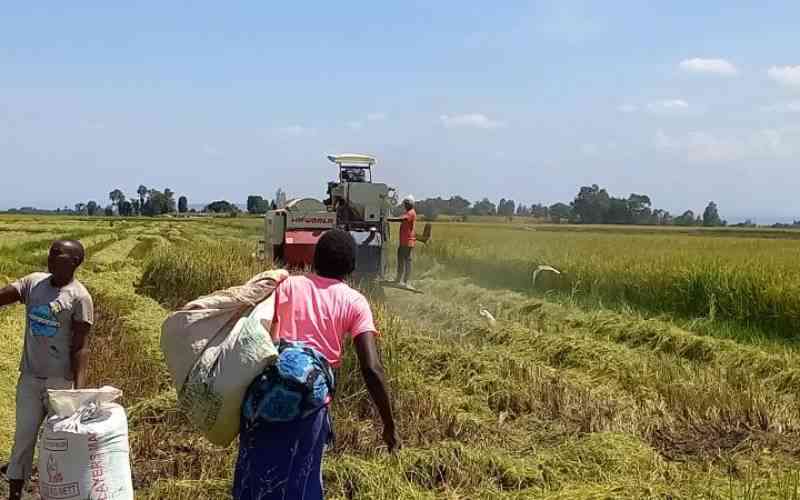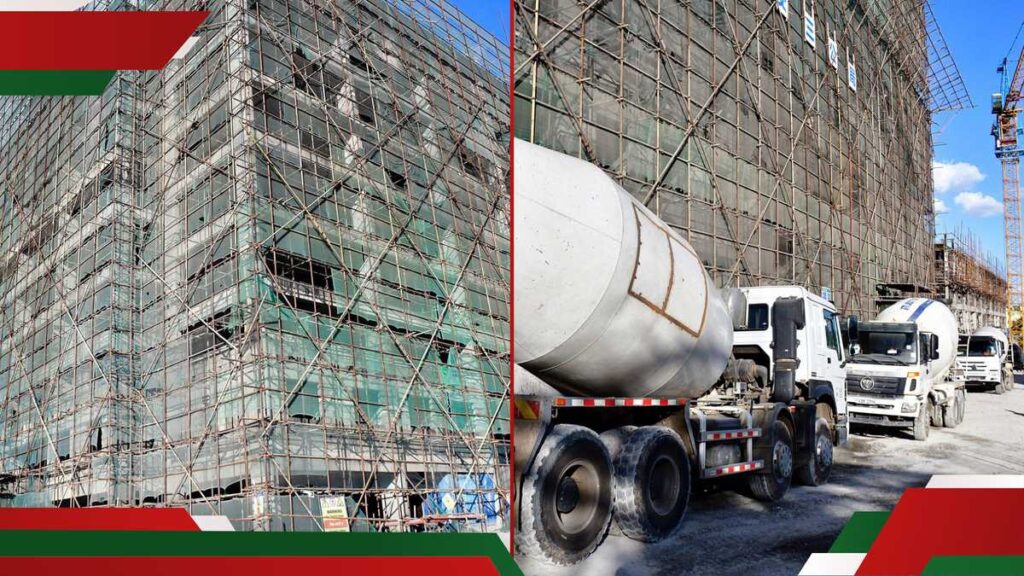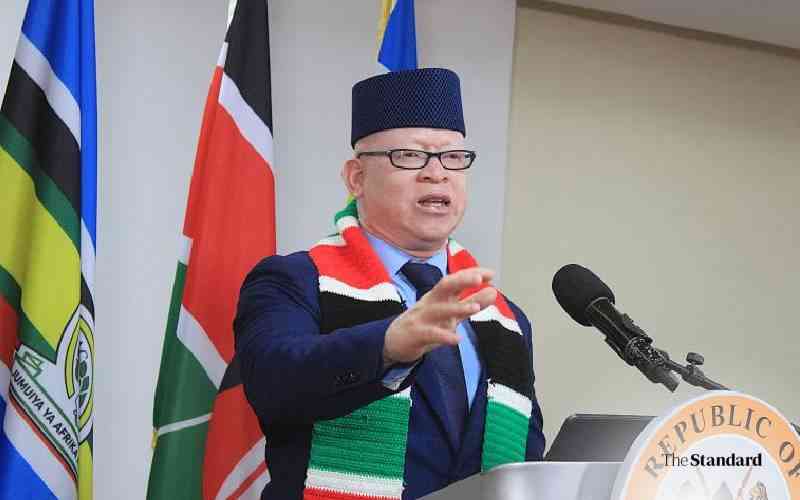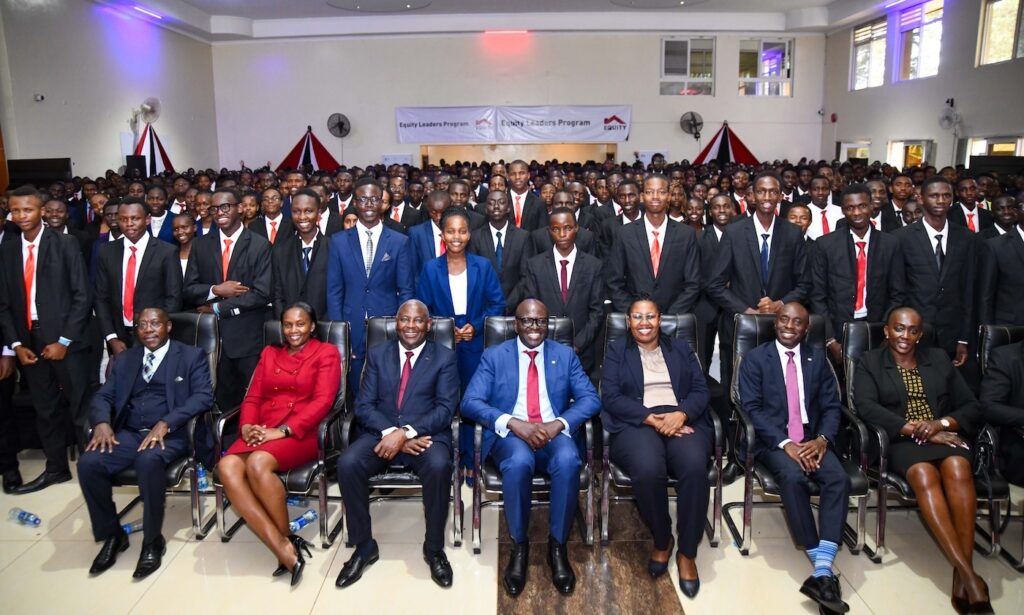The Agriculture and Food Authority (AFA) has defended the government’s plan to import 500,000 metric tonnes of Grade 1 milled white rice, following public outcry.
In a statement on Thursday, July 31, AFA Director-General Bruno Linyiru said the move is intended to cushion consumers against rising food costs while safeguarding the interests of local farmers.
“Importation will not disrupt the local market or disadvantage Kenyan farmers,” Linyiru said.
“Failure to import rice under the current shortfall would lead to either acute food scarcity or a sharp spike in prices not only for rice but also for other staples such as maize flour and wheat products.”
According to the Authority, Kenya consumes at least 1.3 million tonnes of rice annually, while local production accounts for just 264,000 metric tonnes, barely 20 per cent of national demand.
“This measure is aimed at safeguarding national food security, stabilising prices, and ensuring that rice remains affordable and accessible to all Kenyans, particularly low-income households,” AFA said.
Global supply disruptions and recent price shocks have affected access to rice, disrupting the government’s annual importation plans. The AFA said the latest move is a short-term measure to ease market pressure while reinforcing the government’s long-term commitment to food security and economic resilience.
To support local rice farmers, the Kenya National Trading Corporation (KNTC) has vowed to uphold product quality and consumer safety.
Only rice meeting strict Kenyan and international standards will be permitted, with all imports required to carry a Certificate of Conformity from the Kenya Bureau of Standards (KEBS). All consignments must arrive on or before December 31, 2025.
The Ministry of Agriculture has faced criticism since the Cabinet approved the duty-free imports, which were gazetted on July 28.
The government, in partnership with Japan, has begun the process of expanding Mwea, Ahero, and Bura Rice Irrigation schemes to boost local rice production productivity.
Stay informed. Subscribe to our newsletter

























